Recognised as one of the most talented young wildlife photographers in the scene, Alfie Bowen’s art comes from the tenderness of his soul and the sharpness of his mind, which allow him to see and appreciate details that most of us would miss. Diagnosed with autism as a child, he was bullied and ostracised in secondary school and it wasn’t until he went to CAEA (Centre Academy East Anglia) that his intelligence shined through, leaving educators open-mouthed at his abilities and skills. Obsessed with wildlife since he was a baby, the day he picked up his mum’s old compact Lumix a new universe opened for him and a genial artist was born.
He took the tendency to obsession and perfectionism innate to his condition and his love for the natural world and turned it into spectacular wildlife photography. “My first word was Mallard, after the duck,” he says, “and almost all of my childhood was spent either playing with pretend animals or feeding the nearby ducks.” His passion for wildlife didn’t help him make friends at school, where he was often laughed at. Back at home, Alfie would spend many happy hours outside exploring the garden, playing in the mud and watching the many creatures around him. “These experiences fuelled a great respect for the world we call home,” he acknowledges, “something many children are deprived of due to the modern, technologically driven society we now live in.” Alfie also found sanctuary in the Weybourne Forest, Norfolk, where his whole family used to holiday together. He remembers these days with a touch of nostalgia, “I used to sit on the veranda of our lodge for hours, peering into the abundance of swaying pine trees and glistening, needle-laden branches for a glimpse of the elusive red squirrel. The buzz from the occasional sighting set my soul on fire.”
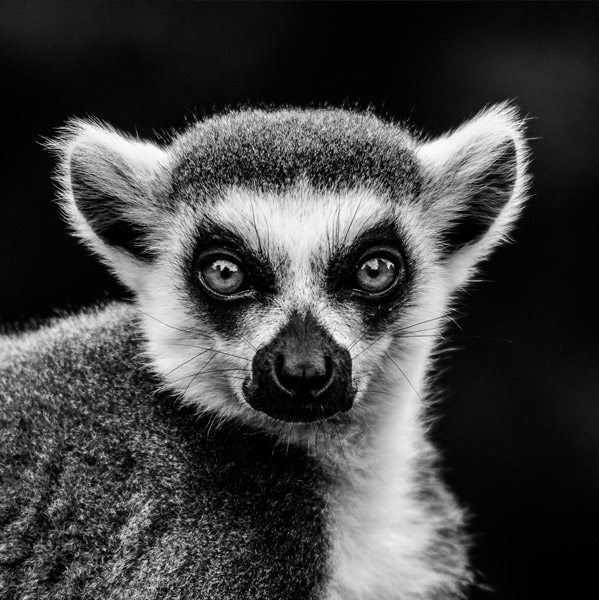
Alfie’s local wildlife park provided him with sights and smells of animals from around the world. His most vivid memory is that of watching a giraffe give birth, “I witnessed this calf enter the world,” he remembers fondly, “watched her grow from a six-foot calf to a sixteen-foot adult, and then had my heart broken when she passed away in 2016.” He reckons he learnt a lot from that experience, “we must protect these most beautiful creatures.”
Unfortunately, not all areas of Alfie’s life were so rosy. Secondary school proved to be an absolute nightmare. People with autism find difficult to communicate with others, so landing in a place with over 1,000 students was the incarnation of hell for a kid that found hard just speaking to one person. In an effort to fit in, Alfie watched and listened to what the others discussed: cars, motorbikes, celebrities, dating… and tried to develop an interest on these subjects, since his love for wildlife was definitely not a ticket for popularity. “My attempts ultimately failed and I was shunned from their conversations,” he shares with sadness, “this alienation led to severe mental health issues, resulting in several suicide attempts and a refusal to leave my bedroom for over a week. I left that school a broken person. I’d given up on everything, became very short-tempered and foul-mouthed – characteristics I hated, but struggled to control because deep down I knew for the first time that I didn’t and wouldn’t ever fit in.”
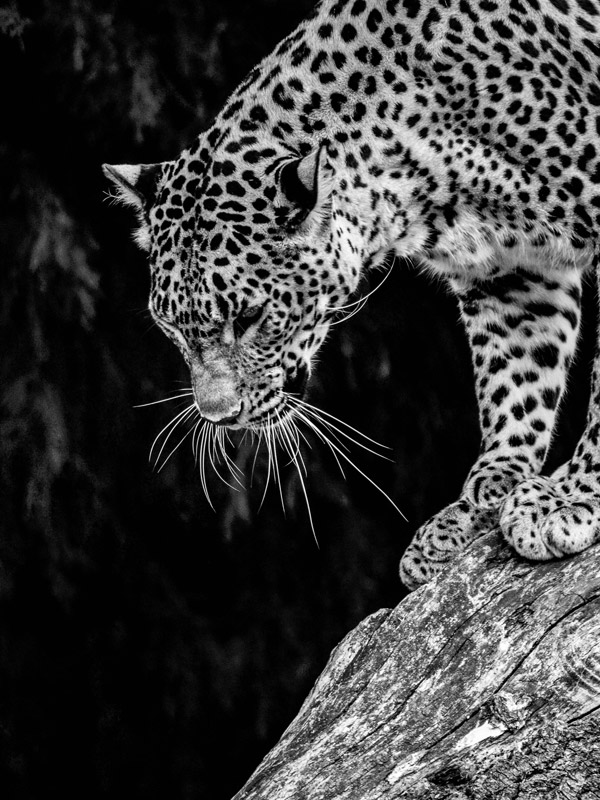
Following months of hard work and numerous legal battles from his mother, Alfie finally joined a private special educational needs school in 2014, the Centre Academy East Anglia (CAEA). The principal at the time, Dr Duncan Rollo, believed in him and infused him with the confidence he needed to bloom, and blooming he did indeed. In his first year, the kid that had been considered academically a write-off, successfully sat six GCSEs and went on to achieve an American High School Diploma and top grades in American Literature, American History, Environmental Science, Current Affairs, Quantitative Mathematics, Media Studies and Advanced Writing. He was also elected Head Student, Head of the Student Council and President of ECO Council. Oh! and he gained admission, unconditionally, to five universities.
Having exhausted all the ways of satisfying his obsession with wildlife (his encyclopaedia battered, his DVDs scratched from continues use), Alfie stumbled across his mum’s Lumix compact camera and set about attempting to photograph wildlife.
“I took the camera everywhere with me,” he says, “but quickly became frustrated by its limited functions. Autism allowed me to mentally envisage many different images, but my camera would not allow me to turn those mental sketches into reality.” During his years at CAEA, he spent virtually all his weekends and holidays photographing wildlife at various zoos. Of those times, Dr Rollo recalls, “my colleagues and I were staggered at the results. We were not alone, as word of his genius was getting around.” In Christmas 2015, Alfie got a new DSLR camera and, as he puts it, “that day changed everything.”
It is often said that Alfie’s photography is about perfection, but in my opinion, there is far much more than that. Through his camera, he seems to connect with the subject animal in a way I’ve never seen before; it feels as if wild creatures voluntarily surrender their natural mistrust of humans and as Alfie bares his soul through his lenses, in return they bare theirs.
To read this interview in full, please order your copy of our new issue now





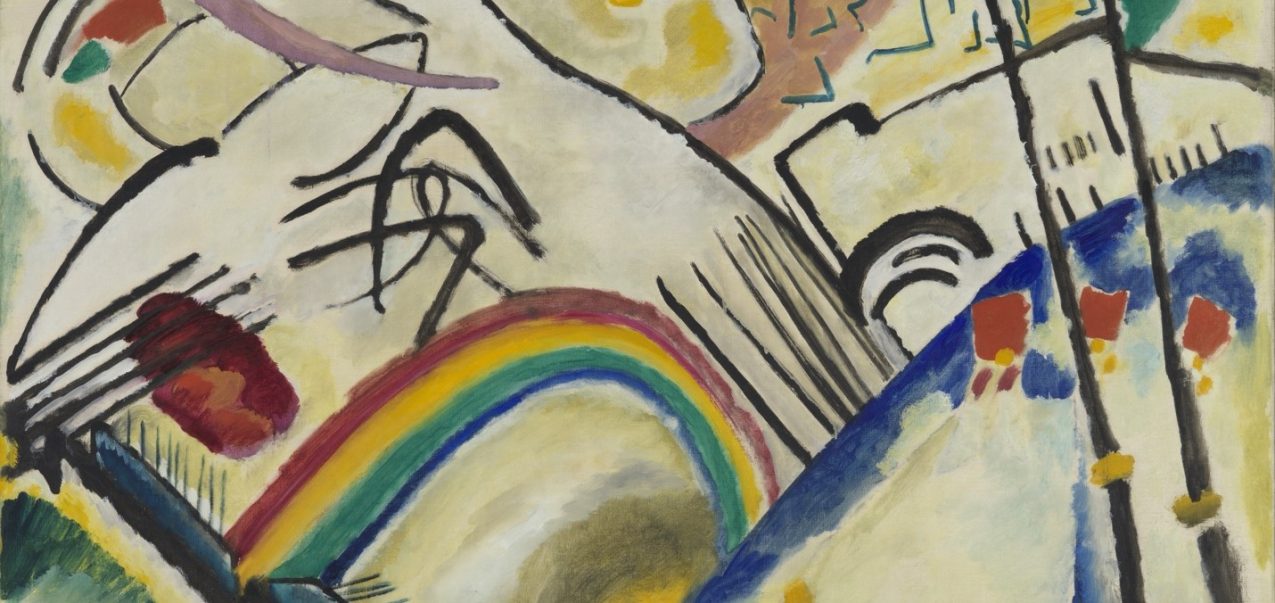
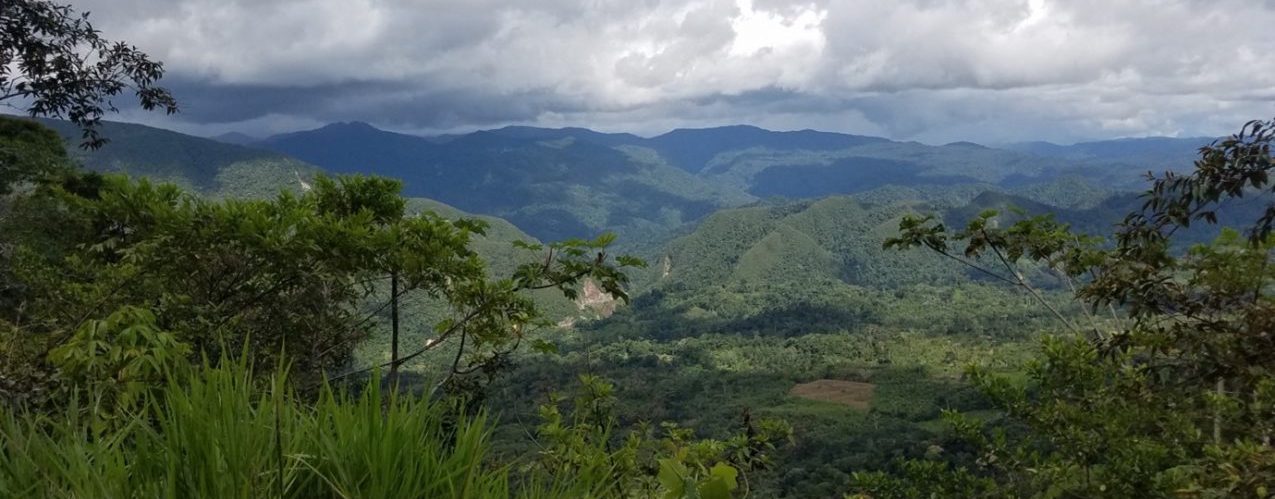



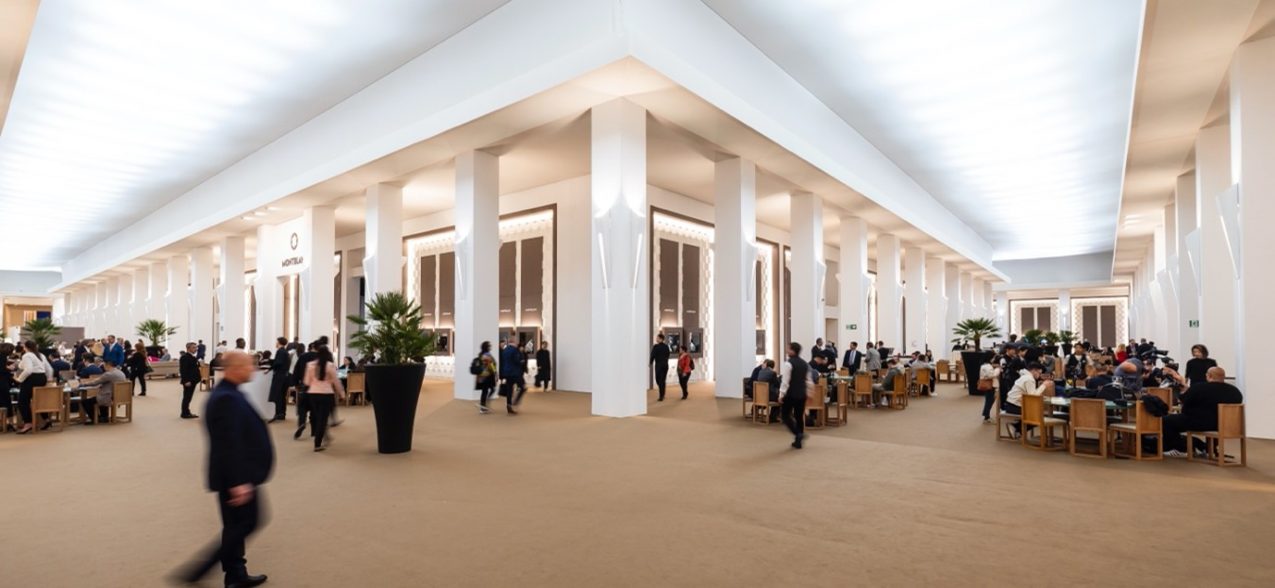
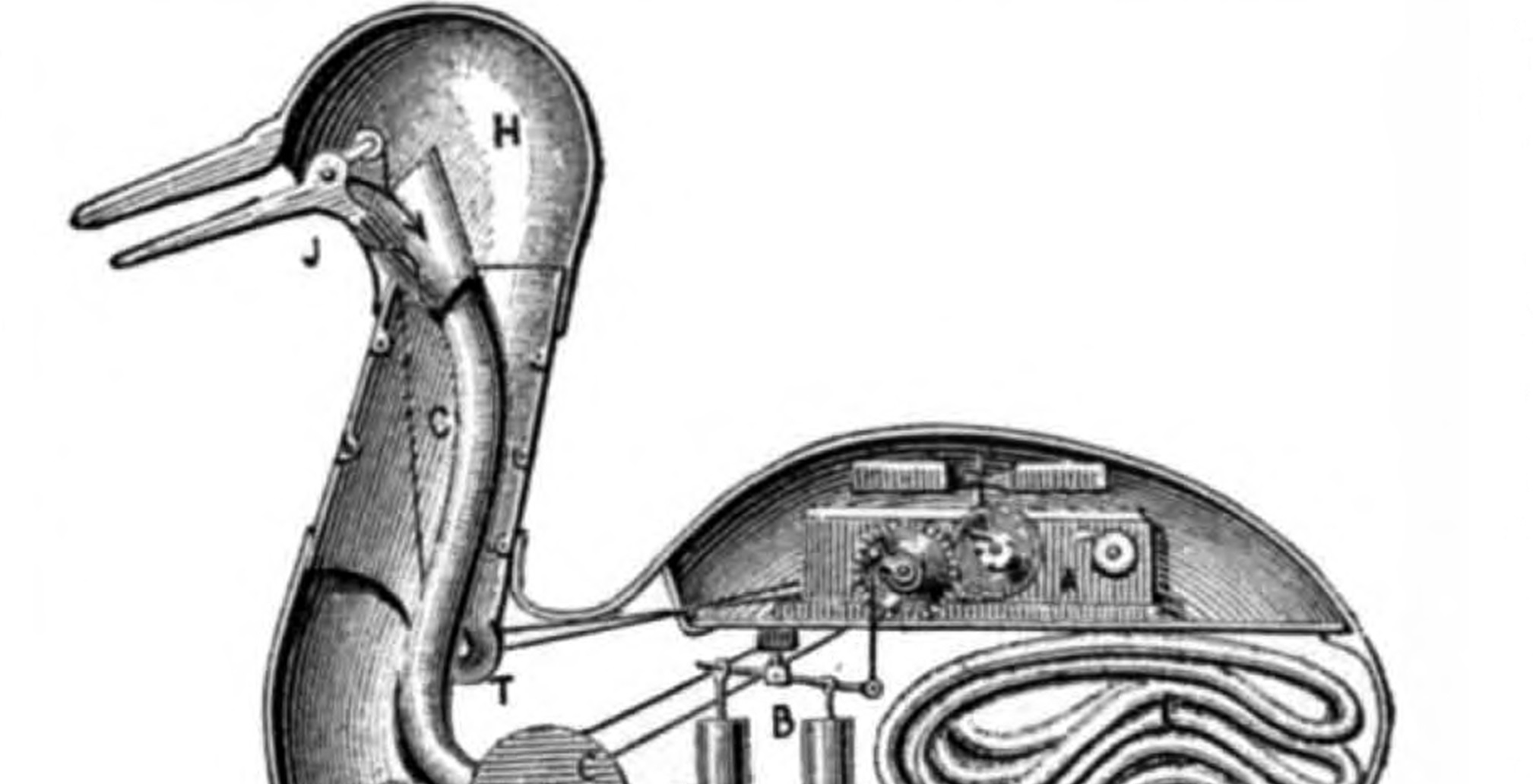


Show Comments +